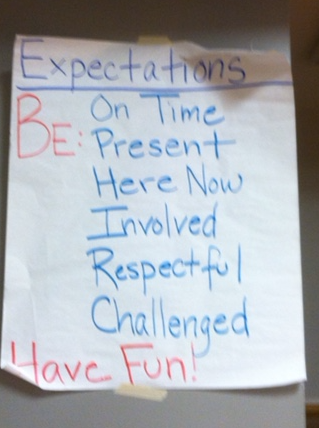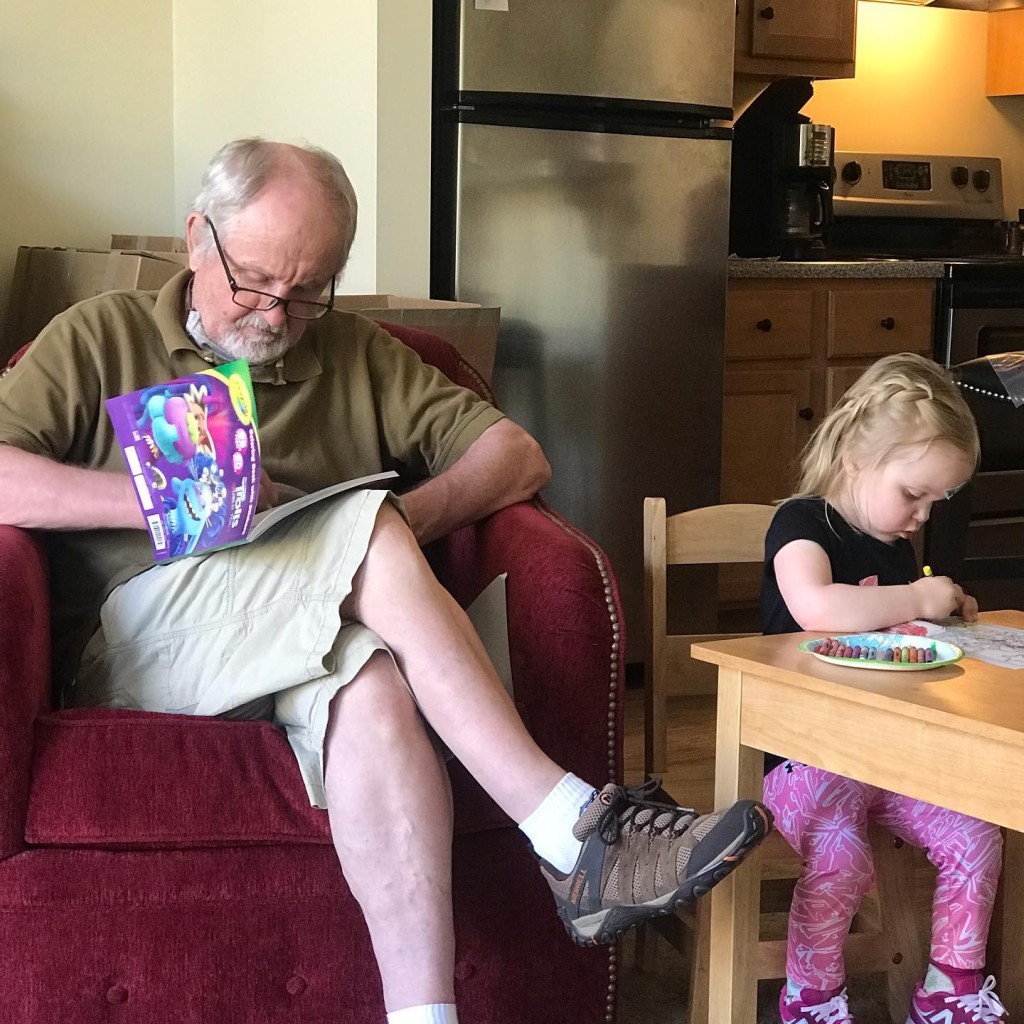INSPIRE the Groups You Lead!
Jeff Witman, Ed.D., CTRS
Collier Township Parks & Recreation
Effective group leadership is fundamental to success as a recreation professional. Groups can help (e.g., synergy) but groups can also hurt (e.g., groupthink).
Synergy = an interaction or cooperation giving rise to a whole that is greater than the simple sum of its parts (Wikipedia)
Groupthink = a phenomenon that occurs when a group of well-intentioned people makes irrational or non-optimal decisions spurred by the urge to conform or the belief that dissent is impossible. (Psychology Today)
The leader can influence which way it goes. Here’s an acronym to focus on as you lead, facilitate, guide, coach, nurture, direct and serve the groups you work with. These 9 characteristics can make a difference!
I-N-S-P-I-R-E
I = Integrity
As Alan Simpson suggested, “If you have integrity, nothing else matters; If you don’t have integrity, nothing else matters.” Fairness and honesty create a culture of integrity. Being genuine creates a bond with group members. Tip: Consider group agreements, as pictured below, to promote accountability. (These are from the leadership program at Dickinson College)

N = Nurturance
Leave people better than you found them. Be intentional about assessing where group members are and where they would like to be. You can’t nurture unless you know what’s needed and wanted. In addition, consider the creature comforts which make group gatherings more engaging and comfortable. Tip: Establish a distinctive group identity. For example, Wellspan Philhaven chaplains recently developed the A-I-R (Acknowledge- Inspire- Reflect) frame of reference for their groups.
S = Support
Levels to consider- information, encouragement, honest feedback and assistance with tasks. The classic example with that last one: you’re moving, who shows up to help? Encourage group members to be of service to others- when you give you get! Tip- Spend some time with groups determining where they’re at. Any “baggage” they’re bringing along to your group?
P = Professionalism
The ideal- responsible, ethical and team-oriented. A key with this is focusing on the group (not on yourself) as you lead. Tip- Keep fairness in mind as you interact with the group. As Willie Stargell declared “Everybody is somebody!” Don’t let the “squeaky wheels” get all of the grease.
I = Innovation
While routines are important unless there’s novelty they will become ruts. Engage the group in determining how things can work better. Adopt an approach that change is an opportunity not a threat. Tip- Identify several aspects of a particular group where variety might spice things up- for example the music, the snack and the stretches for an exercise group. Engage participants in identifying alternatives for each and test them out in subsequent group sessions.
R = Resilience
Show some grit- persistence + passion = thriving not just surviving. Make some lemonade out of the lemons situations throw at you. Devote some effort to self-care recognizing that your effectiveness depends on being the best version of yourself. Tip- Model resilience with the attitude and actions you exhibit when “shift happens”. Demonstrate that “well-prepared people create their own weather” with a plan B or plan C that allows the group to cope not mope.
E = Energy, Empathy and Efficacy
With energy consider vitality, a combination of vim (the burst needed sometimes) and vigor (endurance). With empathy it’s about communicating your understanding of another person’s emotions. To promote efficacy determine and document that the groups you lead are, in fact, generating the outcomes you promote and promise. Tips- For energy consider a 30- minute limit on sitting during groups. With empathy institute a no disses approach where negativity about self or others is not allowed. Remember too that “silver lining” remarks are seldom helpful. If a participant says “My car needs a lot of repairs” and you say “At least you have a car” it’s not going to improve the situation. For efficacy find out if your goals are being met. With the recent Pickleball Camp at Collier Township for example the majority of participants have increased their amount of play.
A Case Study
The support group I was leading at Faith Friendship was not very supportive. Low morale, limited interaction and apparent disinterest. We needed a boost and found one with an activity that, amazingly, has been found to:
Relieve Stress
• Reduce Anxiety
• Improve Sleep
• Heighten Focus
• Improve Motor Skills
• Induce A Meditative State
• Relax your Brain and
• Improve Brain Function
The answer was making the activity below a regular part of the group, integrating it into our themes and allowing group members to utilize it as a tool for coping. This activity, obviously, is not the answer for every group concern or problem. There are answers however if you’re willing to try new approaches. Find the attitude, activity or process that can revitalize and reinvigorate the groups you lead. it’s a win-win for participants and for you!
Coloring: Not just for kids anymore!

